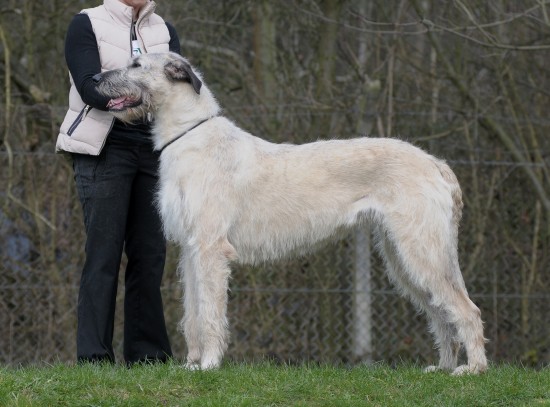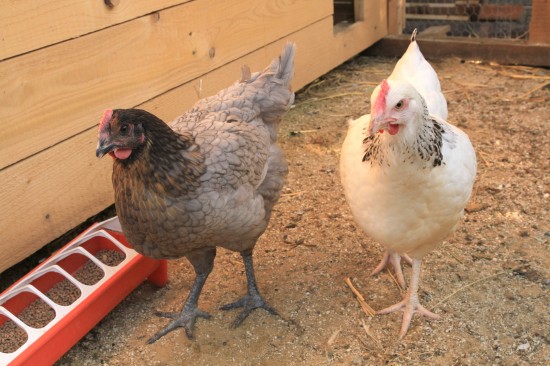
Why train your dog? The answer to that question is simple, without training, you and your precious package of fluff will soon be just existing or parting company.
If you start to train your puppy at an early age to understand that there are rules to be followed, you will have, as an end result a happy obedient dog, along with a very happy you. Puppies/dogs do not speak our language; they were not born with perfect human understanding. They have to be trained with kindness and consideration.
It is important that you have patience and some knowledge of training. Your knowledge can come from books, training videos, going to training classes with your puppy/dog or hiring a trainer to teach you and your dog. The important thing here is you have to “DO SOMETHING.”
More precious puppies/dogs end up being given away; taken to an animal shelter or euthanized because their masters “can’t do anything with them.” I cannot say this often enough, if you do not have the patience or the time to spend with your pet, DO NOT GET ONE.
A dog that grows up without training will become just what it is a dog. A dog becomes a companion, when its master takes the time to train it. A trained dog is welcome every where and elderly people and small children will not be afraid of a dog that knows its commands. As your dog’s leader, your chest will burst, when people compliment you on your dog’s behavior.
Dogs lack language skills, dogs do not remember past actions that they might have been punished for. Communicating with your dog without the use of words is probably one of the best skills you can have.
Know your dog’s body language, get to know your dog, be observant, and watch how your dog reacts to certain things. If at all possible “think like a dog.” I know that might sound silly, but watch your dog’s eyes, watch it’s stance, certain muscles will be flinching and there will be a certain readiness to action when a dog (or cat) is thinking of doing something. I know exactly what my cat Smokey is thinking when Miss Tiger walks by and with quick “NO” I can stop his plan to chase her.
It is so important to get to get to really know your pet. Bonding when your dog is young is so important, talking to your dog is essential, be observant, take time to just watch what your dog does and take time to become a real interested part of your pet’s life.
So many people get a pet for reasons other than wanting a companion or a friend for life. For some it is a novelty, a way to get attention and the end result is they have no real affection for the animal and eventually it is given away or taken to a shelter.
There are many levels of training, but for most of us all we want is a well-mannered dog that will take commands and behave for the most part. Obedience training is a good place to start. I know that many people think that is just walking around in a circle making your dog “heel,” true that is part of it. However it gives you and your dog a chance to interact and learn. Once you get “your” timing down the rest comes easy because believe it or not most of the training depends on you.
As I have said before, dogs do not come with the understanding of the English language, so the more you know and understand your dog the better trained it will become. Actually the truth is, the better trained you become, the better trained your dog will be. It truly is up to you to get to “know” your dog. I know this sounds so repetitious, but the more you observe your dog’s body language the easier it will be to say “No” or “sit-stay” and prevent any misbehavior.
Finding a class and an instructor that will teach you “why to do what and when” will be like finding a pearl in an oyster. If it takes going to several different classes in an effort to find an instructor that knows “dog body language” and will teach it to you along with timing it is worth all the effort.
A dog needs to be a part of your family, it needs to interact and learn acceptable social behavior. You need to have patience and acquire the understanding of your dog. Every dog is different, just as people are. Be ready to give your dog, your time, your patience and most of all your love.
Common sense is very important when you choose your dog. If you use common sense you will not get a large breed dog to live with you in a small apartment and expect the large lumbering “ox” to be dainty and careful.
You cannot expect a male that is in tact (not neutered) or a female that has not been spayed to be perfect roommates when mating season comes around. An energetic dog will not be happy stuck in a crate all day while you are at work.
Research the breeds that are available, find a dog that suites your lifestyle and the conditions under which you live. There is a dog for you, but you need to be willing to be a conscientious pet owner and give of yourself, your time and
 Top 5 Signs Your Rabbit Needs To See A Vet!
Top 5 Signs Your Rabbit Needs To See A Vet!
 Extreme Pets – Largest, Smallest, Heaviest & Lightest Dogs & Cats In The World
Extreme Pets – Largest, Smallest, Heaviest & Lightest Dogs & Cats In The World
 Health Issues That Large And Giant Breed Dog Owners Should Be Aware Of
Health Issues That Large And Giant Breed Dog Owners Should Be Aware Of
 How Does Vitamin B12 Help Cats?
How Does Vitamin B12 Help Cats?
 The Six Main Causes Of Gastrointestinal Disease In Ferrets
The Six Main Causes Of Gastrointestinal Disease In Ferrets
 Dogs are people too!!!
Dogs are people too!!!
 Tips to choose the most suitable Veterinarian
Tips to choose the most suitable Veterinarian
Tips to choose the most suitable Veterinarian
Tips to choose the most suitable Veterinarian
 Some Frequently Asked Questions About Bladder Stones In The Dog
Some Frequently A
Some Frequently Asked Questions About Bladder Stones In The Dog
Some Frequently A
 Things to look for while selecting dog kennels
Things to look for while selecting dog kennels
Things to look for while selecting dog kennels
Things to look for while selecting dog kennels
 Could You Offer A New Home To A Pedigree Dog?
Could You Offer A
Could You Offer A New Home To A Pedigree Dog?
Could You Offer A
 What Is Coccidiosis And How Does It Affect Chickens?
What Is Coccidios
What Is Coccidiosis And How Does It Affect Chickens?
What Is Coccidios
Copyright © 2005-2016 Pet Information All Rights Reserved
Contact us: www162date@outlook.com